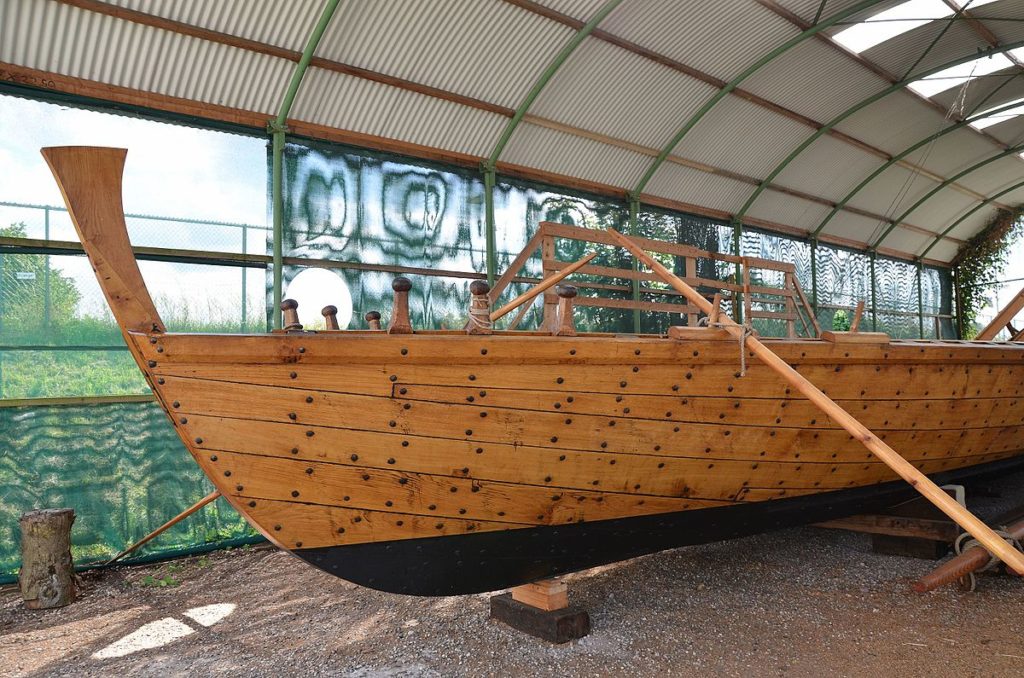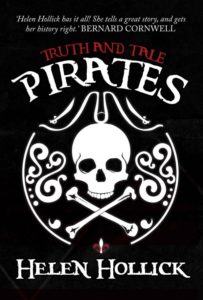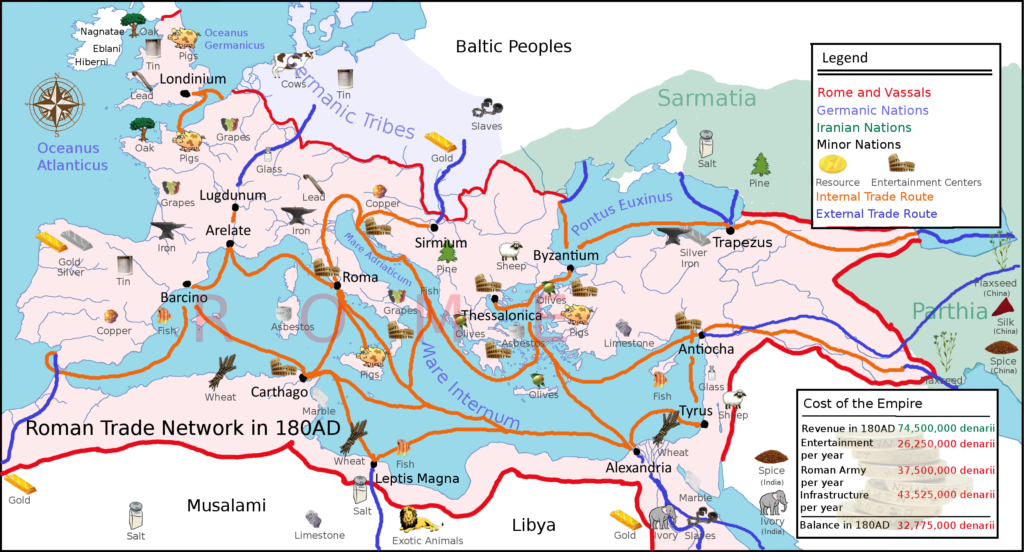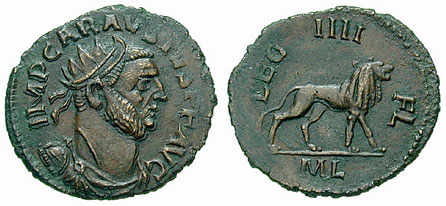 Pirates have fascinated people for several centuries, but the fictional world of pirates, represented in novels and movies, is somewhat different to the reality, but where does fact end and fiction begin?
Pirates have fascinated people for several centuries, but the fictional world of pirates, represented in novels and movies, is somewhat different to the reality, but where does fact end and fiction begin?
Helen Hollick has written a series of nautical voyages based around her fictional pirate, Captain Jesamiah Acorne and his ship, Sea Witch, but her latest UK release in paperback is a non-fiction book – ‘Pirates: Truth and Tales‘ published by Amberley Press. It explores our fascination with the real pirates and those who are favourites in fiction. Today, Helen drops anchor for another interesting addition to her on-line two-week Voyage around the blogs with a pirate or two for company…
Hello! Alison has kindly invited me on to her blog as a guest during my book tour… thank you Alison… I write about pirates: mainly the ones associated with the ‘Golden Age’ of the early eighteenth century, the ‘Pirates of the Caribbean.’ Piracy, however, is nothing new. Where there was sea-trade there were pirates. All you needed was a good ship, an equally good crew, a good knowledge of the shipping lanes, what was shipped and, most important, what was worth plundering.
The Romans, that mighty empire that we tend to think was highly organised and even more highly efficient, had as much trouble with these seafaring knaves as did the British government, the Spanish, French and Dutch (among others) in the 1700s. Come to that, as we still do. Researching for this article, I came across a most interesting chap…
Marcus Aurelius Mausaeus Valerius Carausius (Those Romans certainly had grand names – explained here!) was a military commander of the Roman Empire in the third century. He came from Belgic Gaul and as a former nautical pilot, he made a name for himself in 286 AD while fighting against tribal rebels. He was promoted to command a fleet, the Classis Britannica, which patrolled the English Channel: his orders – to eliminate raiding Saxon pirates. He adapted these orders, however, and suspicion grew that he was permitting these pirates to carry out their raids in return for a portion of the loot for himself and his men. Emperor Maximian took a dim view of this and demanded that Carausius was to be arrested and executed. Equally, our guy took a similar dim view of such an insult when he heard about it. He retaliated by declaring himself emperor in Northern Gaul and Britannia, the territories known as Imperium Britanniarum.

Full size replica of a liburna, small galley used for raiding and patrols, particularly by the Roman navy, in Millingen aan de Rijn, Netherlands
Backing him were his entire northern fleet, the three legions who were in Britain, a legion from Gaul, some foreign auxiliary units, some Gaulish merchant ships and various other experienced mercenaries. There has been speculation as to how Carausius managed to gain such wide support, but to my mind the answer is quite simple. As with all pirates, of any era or location, the lure of prospective treasure and a ‘get-rich-quick’ promise, was enough to attract anyone. Or he had amassed enough treasure to pay them all well. He was a pirate. A successful one, he could afford it.
The retaliatory invasion Emperor Maximian had hoped to launch in 288 or 289 AD failed and Carausius claimed this as a military victory. Was there a sea-battle perhaps, a successful blockade in the Channel? History later repeated itself: it is possible that King Harold II, who without doubt had an experienced English navy, may have initially defeated Duke William of Normandy at sea in the summer of 1066, and then there is the English defeat of the Spanish Armada in the reign of Elizabeth I. Whatever the truth of it is for our chap, peace was negotiated and Carausius began to lead his little corner of the empire as a true emperor, even minting his own coinage which he used to advantage for propaganda.
His coins were of good quality silver – which had not been used for many years – and indicated a prospect of ‘better times’. They were also marked with slogans such as Restitutor Britanniae, ‘Restorer of Britain’ and Expectate veni, ‘Come long-awaited one’. It may have been this sort of appeal which endeared Carausius to the native population who were becoming dissatisfied with Rome rule: the Romano British equivalent of Br*xit?
It is thought that Carausius may have been responsible for ordering the building of the Saxon Shore forts, a line of strategic defences along the east and south coast of what is now England, in order to deter the Anglo-Saxon sea raiders.
In 293 AD, Constantine I (Chlorus) reclaimed Gaul and Carausius found himself in difficulty, although not especially threatened as to invade Britain Constantine needed a fleet – most of which was under Carausius’s control. Alas, betrayal intervened. A traitor called Allectus, who was in charge of the British treasury, decided he wanted a higher position of authority, so he murdered Carausius and took power for himself. His reign lasted only a few short years as he in turn was killed.
It is interesting that in similar circumstances, although not so grand, a few of the seventeen and eighteenth century pirates set themselves up as leaders. One was Jean le Vasseur, an engineer by trade, who at around 1640 was sent by the governor of Saint Christopher Island (now St. Kitts) to oversee the island and harbour of Tortuga in the Caribbean. Le Vasseur built a stone fortress on the relatively flat top of thirty-feet of steep rock. Defended by formidable guns and supplied by water from a natural spring it was almost impenetrable. Le Vasseur reigned as if he were an emperor, and took a percentage of all the plunder brought into harbour by various pirates. He taxed everything else that was brought in or taken out and amassed a substantial fortune for himself. Tortuga flourished as a safe haven for pirates, but le Vasseur’s prestige was fading. Excessive power all too often corrupts. He began to rule like a tyrant and his men started to turn against him. He was murdered in 1653 by his lieutenant in retaliation for raping the man’s wife.
I can’t say I feel sorry for le Vasseur. For Carausius though? I think I would have backed him as a pirate emperor. He sounds an interesting character.
Alison adds:
The legend: (That not terribly reliable but only source of the time) Geoffrey of Monmouth relates a legend about Carausius. In Geoffrey’s account History of the Kings of Britain (1136 AD), Carausius is a Briton of humble birth, who by his courage persuades the Roman Senate to give him command of a fleet to defend Britain from barbarian attack. Once given the fleet, however, he sails around Britain stirring up unrest and raises an army against, the historical Caracalla, here a king of Britain. Carausius defeats Bassianus by persuading Bassianus’ Pictish allies to desert him in exchange for grants of land in Scotland and sets himself up as king. Hearing of Carausius’s treachery, the Romans send Allectus to Britain with three legions. Allectus defeats Carausius, kills him, and sets himself up as king in his place.
The historical record: The historical Caracalla’s full name was Lucius Septimius Bassianus and he and his brother, Geta, ended the campaign in Caledonia when their father Septimius Severus died in York in 211 AD. They concluded a peace with the Caledonians that returned the border of Roman Britain to the line demarcated by Hadrian’s Wall.
———–
Pirates: Truth And Tales
 The historian R. H. Tawney famously wrote, ‘The sixteenth century lives in terror of the tramp.’ The eighteenth century lived in terror of the tramps of the seas – pirates. Pirates have fascinated people ever since.
The historian R. H. Tawney famously wrote, ‘The sixteenth century lives in terror of the tramp.’ The eighteenth century lived in terror of the tramps of the seas – pirates. Pirates have fascinated people ever since.
It was a harsh life for those who went ‘on the account’, constantly overshadowed by the threat of death – through violence, illness, shipwreck, or the hangman’s noose. The lure of gold, the excitement of the chase and the freedom that life aboard a pirate ship offered were judged by some to be worth the risk. Helen Hollick explores both the fiction and fact of the Golden Age of piracy, and there are some surprises in store for those who think they know their Barbary Corsair from their boucanier. Everyone has heard of Captain Morgan, but who recognises the name of the aristocratic Frenchman Daniel Montbars? He killed so many Spaniards he was known as ‘The Exterminator’.
The fictional world of pirates, represented in novels and movies, is different from reality. What draws readers and viewers to these notorious hyenas of the high seas? What are the facts behind the fantasy?
Published in paperback in the UK July 2018 and in the US November 2018 (Now available for pre-order).
Find Helen:
Helen’s Amazon Author Page is at http://viewauthor.at/HelenHollick
Subscribe to Helen’s newsletter: http://tinyletter.com/HelenHollick
Vist her website: www.helenhollick.net and her main blog: www.ofhistoryandkings.blogspot.com
She’s on Facebook: www.facebook.com/HelenHollickAuthor and Twitter: @HelenHollick and runs the well-regarded historical fiction site: Discovering Diamonds
Follow Helen’s Tour:
These links will take you to the Home Page of each blog host – Helen says thank you for their interest and enthusiasm! For the exact URL links to each article, go to Helen’s website: www.helenhollick.net which will be updated every day of the tour.
30thJuly: Cryssa Bazos https://cryssabazos.com/ Dropping Anchor to Talk About Pirates
31stJuly: Anna Belfrage https://annabelfrage.wordpress.com/ Ships That Pass…
1stAugust: Carolyn Hughes https://carolynhughesauthor.com/blog/ Pirates of the Middle Ages
2ndAugust: Alison Morton https://www.alison-morton.com/blog/From Pirate to Emperor
3rdAugust: Annie Whitehead https://rwranniewhitehead.blogspot.com/ The Vikings: Raiders or Pirates?
4thAugust: Tony Riches http://tonyriches.blogspot.co.uk/ An Interview With Helen Hollick (and maybe a couple of pirates thrown in for good measure?)
5thAugust: Lucienne Boyce http://francesca-scriblerus.blogspot.com/ Anne and Mary. Pirates.
6thAugust: Laura Pilli http://fieldofbookishdreams.blogspot.co.uk/ Why Pirates?
7thAugust: Mary Tod https://awriterofhistory.com/ That Essential Element… For A Pirate.
8thAugust: Pauline Barclay http://paulinembarclay.blogspot.com/ Writing Non-Fiction. How Hard Can It Be?
9thAugust: Nicola Smith http://shortbookandscribes.uk/ Pirates: The Tales Mixed With The Truth
10thAugust: Christoph Fischer https://writerchristophfischer.wordpress.com/ In The Shadow Of The Gallows
11thAugust: Debdatta http://www.ddsreviews.in/ What Is It About Pirates?
12thAugust: Discovering Diamonds https://discoveringdiamonds.blogspot.co.uk/ It’s Been An Interesting Voyage…
13thAugust: Sarah Greenwood https://www.amberley-books.com/blog Pirates: The Truth and the Tales
14thAugust: Antoine Vanner https://dawlishchronicles.com/dawlish-blog/ The Man Who Knew About Pirates
About Helen:
Helen moved from London in 2013 and now lives with her family in North Devon, in an 18th century farmhouse. First published in 1994, her passion now is her pirate character, Captain Jesamiah Acorne of the nautical adventure series, The Sea Witch Voyages. Helen became a USA Today Bestseller with her historical novel, The Forever Queen (UK title A Hollow Crown), the story of Saxon queen, Emma of Normandy. Her novel Harold the King (US title I Am The Chosen King), explores the events that led to the 1066 Battle of Hastings. Her Pendragon’s Banner Trilogy, set in the 5th century, is widely praised as a more down-to-earth historical version of the Arthurian legend. She has written three non-fiction books, Pirates: Truth and Tales, Smugglers in Fact and Fiction (to be published 2019) and as a supporter of indie writers, co-wrote Discovering the Diamond with her editor, Jo Field, a short advice guide for new writers. She runs the Discovering Diamonds review blog for historical fiction assisted by a team of enthusiastic reviewers. Her books are published in several languages.
Alison adds: I was delighted to contribute a story ‘A Roman Intervenes’, in the 1066 Turned Upside Down collection of short stories masterminded by Helen, which in the 950th year since the Norman invasion explored what might have happened if events had taken a different turn…
Alison Morton is the author of Roma Nova thrillers – INCEPTIO, PERFIDITAS, SUCCESSIO, AURELIA, INSURRECTIO and RETALIO. CARINA, a novella, is available now. Audiobooks are available for the first four of the series.
Get INCEPTIO, the series starter, FREE as a thank you gift when you sign up to Alison’s monthly email newsletter. You’ll also be first to know about Roma Nova news and book progress before everybody else, and take part in giveaways.
















Thank you Alison for inviting me to drop anchor here on your blog – if I may I’d like to sample some Roma Nova wine during my brief stay? Although I am aware that various members of your security sections are keeping a close eye… inviting pirates to where an economy relies on it’s silver might raise a few eyebrows! 🙂
Castra Lucilla white or Brancadorum champagne? Carina is fond of both, although Aurelia is partial to a good French brandy.
Appropriate that today’s lesson involves the (old) Roman Empire! So enjoying this tour. Thank you Helen and Alison.
Delighted you enjoyed it, Richard. Romans had a ‘robust’ attitude to both pirates and would-be emperors.
I had left a comment this morning – obviously some pirate or other has stolen it!
Thank you for inviting me aboard Alison – although I would hazard a guess that some of your Roma Novans are a tad on edge having a few pirates around, especially given the Roma Nova silver economy!
Mars blast and curse those pirates!
All now rounded up and escorted out. They were found loitering round the imperial mint, eying up the historical collections. Somehow, they were interested some old coins from that rebel Carausius…
LOL Bl**dy pirates!
Yeah. Caesar sorted out the Mediterranean ones a few centuries back. You’d think they would have learnt then…
Except if the pirates became emperors.
Lovely man, that pirate Carausius! And good quality silver to boot, no cheap devaluations! Really enjoyed the post, thank you.
Delighted you enjoyed it, Nancy!
Sounds to me like there’s a novel waiting to be written about Carausius! Great blog, thanks Helen.
He certainly got up to a lot in his time! But the third century was a time of continuous crisis when the Roman Empire nearly collapsed. Carausius rather took advantage of it!
Nancy and Lucienne – thanks for leaving your thoughts … Alison, another plot for a Roma Nova novel?
Well, Roma Nova didn’t diverge from the standard time line until the fourth century, so possibly a little early for me… 😉